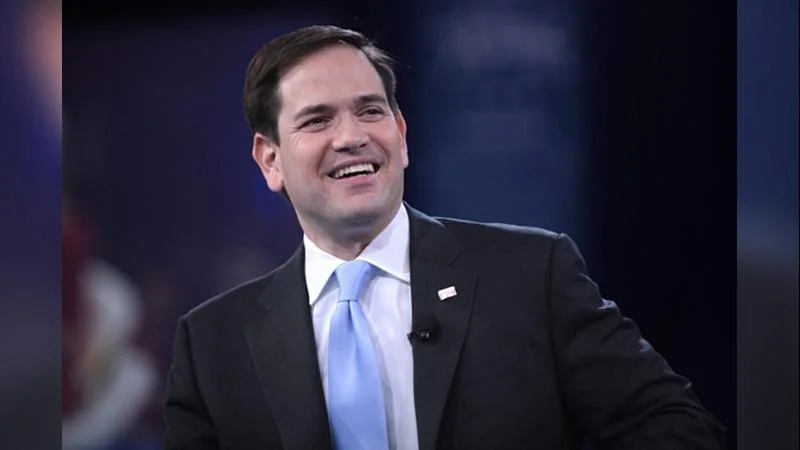Secretary of State Marco Rubio discussed the ongoing Middle East peace negotiations in an interview with Kristen Welker on NBC's "Meet the Press." He clarified that while progress has been made, the war in Gaza is not yet over. According to Rubio, the process can be divided into two phases.
The first phase involves the release of hostages. "They have agreed to the President’s hostage release framework," Rubio said, referring to Hamas's response. He explained that logistical meetings are currently underway to determine how and when hostages will be released, including details such as who will retrieve them and under what conditions. "You can’t have bombs going on and fighting going on in the middle of this exchange," he noted.
Rubio emphasized that all 48 hostages, both living and deceased, need to be released. He acknowledged logistical challenges but stated that work is ongoing to resolve these issues.
The second phase concerns long-term governance and security arrangements for Gaza after Israel withdraws to what is called the "yellow line," which marks their position from mid-August. Rubio described this as a difficult process: "How do you create this Palestinian technocratic leadership that’s not Hamas, that’s not terrorists, and with the help of the international community? How do you disarm any sort of terrorist groups...?" He stressed that lasting peace would require addressing these issues.
Rubio confirmed that there is significant international support for President Trump’s plan from countries such as UAE, Qatar, Egypt, Saudi Arabia, Turkey, Indonesia, and others. He highlighted ongoing international pressure on Hamas and indicated that European Union participation would also be important.
When asked about Prime Minister Netanyahu's expectation for a possible hostage release within a week, Rubio responded: "I mean, I would like the hostages to have been released yesterday... All of that has to be worked through... That has to be de-escalated..." He added that high-level talks were scheduled in Cairo soon.
Regarding Israel's withdrawal from Gaza and future governance plans, Rubio said Israel had agreed to move back to the yellow line as part of the agreement but noted it would take time to establish a new governance structure in Gaza: "You can’t just set up a sort of new governance structure inside of Gaza in 72 hours."
Welker asked about point 19 of President Trump’s peace plan concerning Palestinian self-determination and statehood. Rubio replied: "That provision was very important to the countries that signed on with us... We’ve always said that if there’s going to be a two-state solution, it has to be negotiated with Israel; it has to make sure that Israel’s security is taken into account." He reiterated there must first be credible leadership in Gaza not linked with terrorism before any discussion about statehood could advance.
He concluded by saying: "Right now, the priority – number one – is to get the hostages released... If we can’t even get an agreement on the hostages being released, you ain’t going to have long-term peace here."
Rubio acknowledged difficulties ahead but maintained optimism about achieving progress through continued negotiation.





